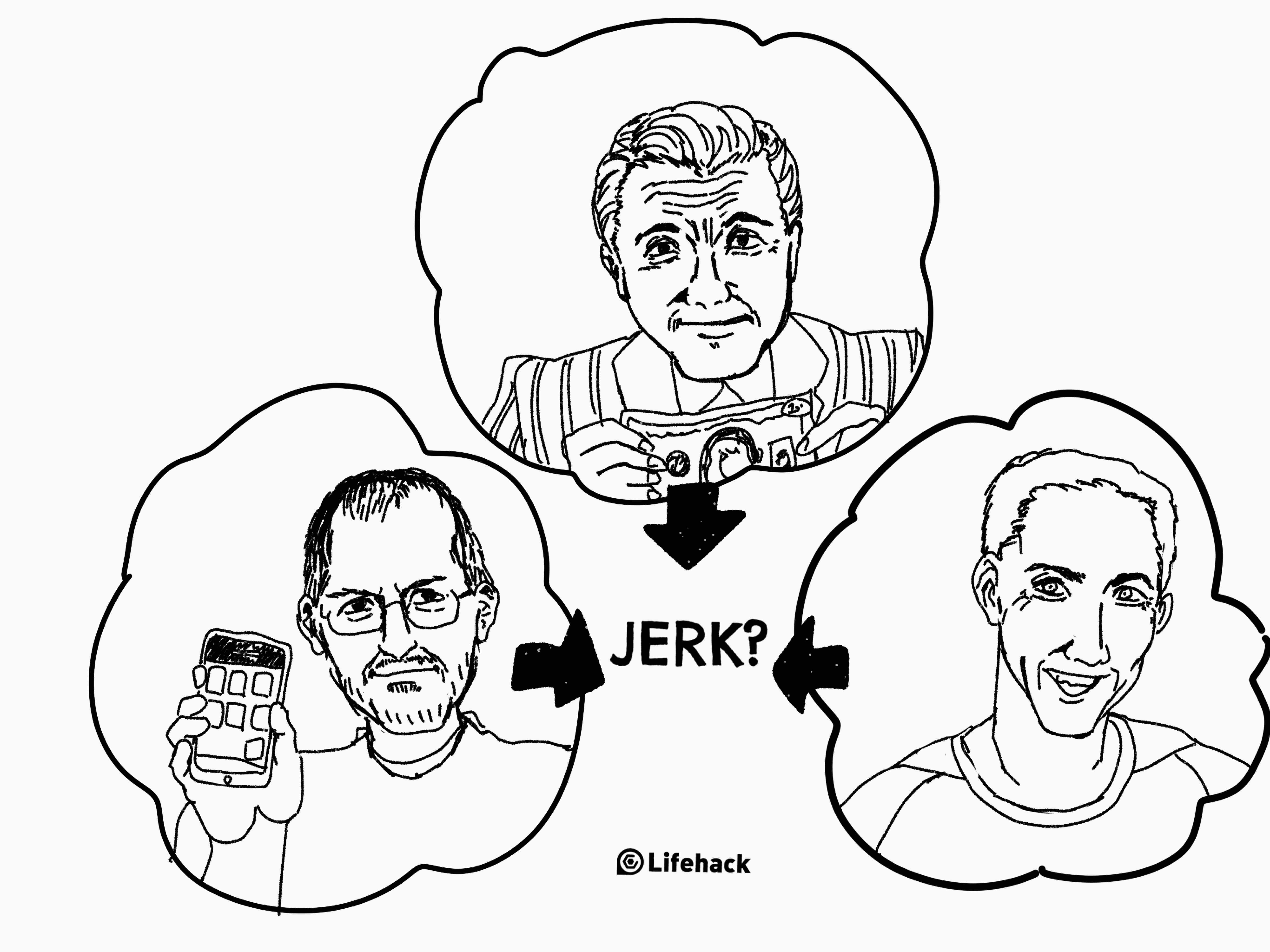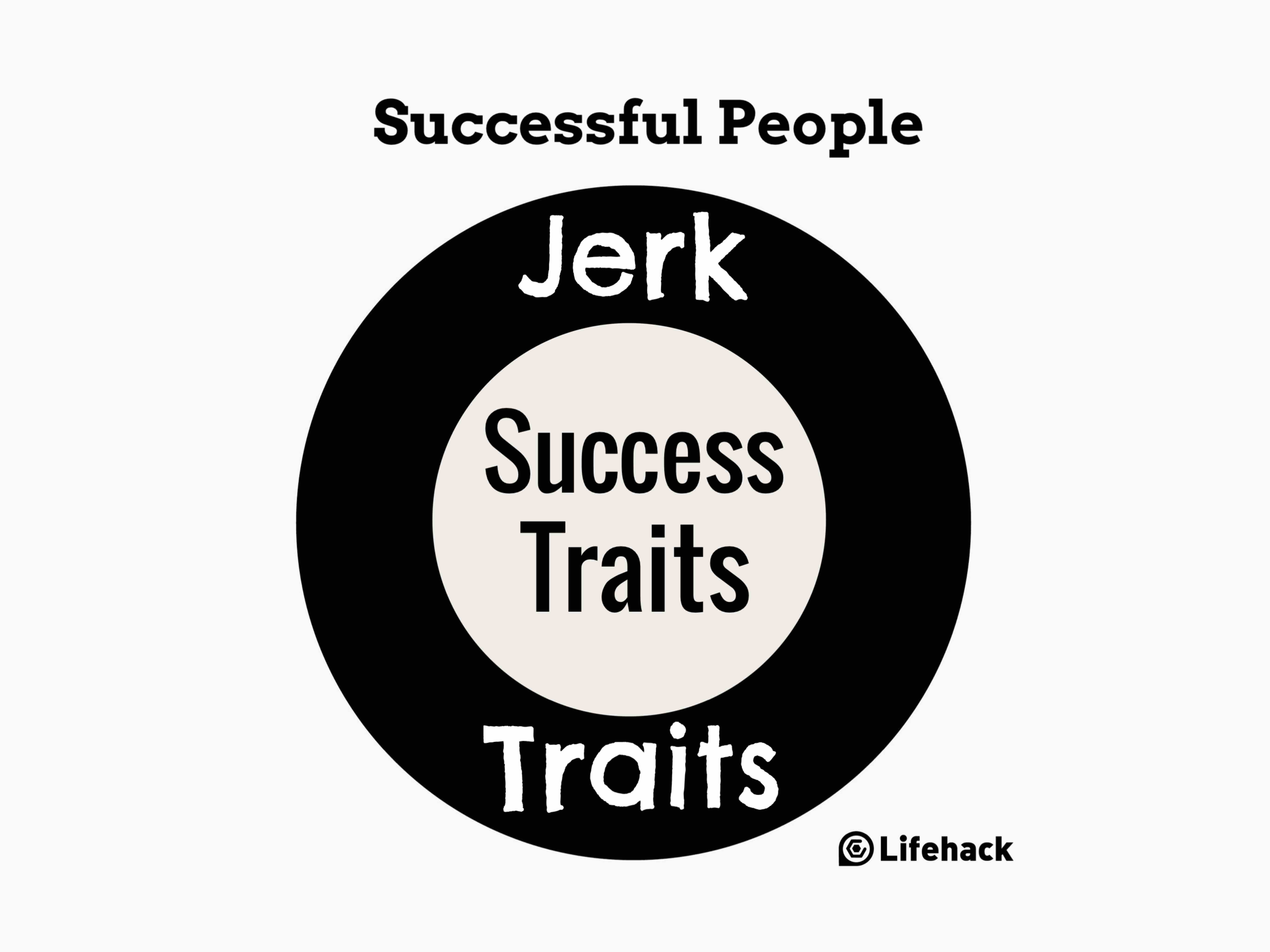At this point, we need to stop and ask: do you need to be a jerk to be successful?
Kindness as weakness?
Jobs, Max, Bezos, and guys like Jordan Belfort (the main character in The Wolf of Wall Street) are some core examples of the prevailing idea that if you want to be rich and successful, you need to be a jerk.
That idea is underpinned by another idea: kindness as weakness. When you meet someone who is kind and goes out of their way for others, that’s typically a great feeling. Those people are rare. But over time, you’ll notice that person get taken advantage of. They get hurt time and again by others. You get mad. Your friend shouldn’t be treated like that. Over time, you start to wonder: why won’t they stand up for themselves? Are they too passive? Are they worried about the opinions of others? Kindness should be a cornerstone element of the human condition because it connects us together in positive ways. But too often it’s seen as a weakness, or a personality aspect to exploit. Especially in a business context—often very competitive, where losing an advantage could mean bankruptcy— people move in the completely opposite direction. Instead of being kind, they are jerks. This is a pathway to power and control.
What’s behind the jerks
This is what is commonly missed in these “You must be a jerk to be successful” discussions: success comes from many inputs.
If someone is a complete jerk 100 percent of the time, they likely won’t be successful long-term. Rather, they will become selfish, self-centered and have lots of blind spots. They’ll keep taking other’s advantages and never making any sacrifice, which makes people hate them. When no one is willing to trust and support them, they have to work all alone even at tough times, hindering the chance How do you explain someone like Steve Jobs, then? He was a jerk and he was very successful. In that case, you have to look at what Jobs was trying to accomplish. He legitimately wanted to change the world. His focus was on making that happen, and he largely did — his products completely changed six industries including animated movies, digital publishing, music, personal computers, phones and tablet computing.[2] Because his focus was on product design at a world-shifting level, he let other priorities (i.e. relationships) slide, and was often a jerk to people because they were in the way of his vision. His success came from his passion and skill sets. It didn’t come from him being a jerk. Tucker Max had a passion for telling interesting stories in new ways. That’s where his success came from. It’s similar to Jobs in some ways: passion was the driver, and passion also caused him to be perceived as a jerk along the way.
How much do you want success?
It’s never about deciding to be a successful jerk or an unsuccessful nice guy. It’s all about the kind of success you want to lead. When you know the type of success you want, you’ll put your passion into that. This will require a laser focus of how you spend your time, your thoughts, and even your emotions. Other things that don’t contribute that much to your ultimate goal will get sacrificed. It doesn’t mean you have to become a jerk, though. It only means you might not be as good with people as you are with your “big idea.” No one is perfect, and sometimes we sacrifice the relationships for the end goal. It doesn’t mean you have to be a jerk, but it’s one potential consequence. The best path is to be wise and know the type of success you are looking for, then take stock of where you are making sacrifices. If not being seen as a jerk is important to you, you’ll have to adjust a little bit how you deal with others. Focus both on the end goal and on what it’s taking to get there. Featured photo credit: Vecteezy via vecteezy.com


